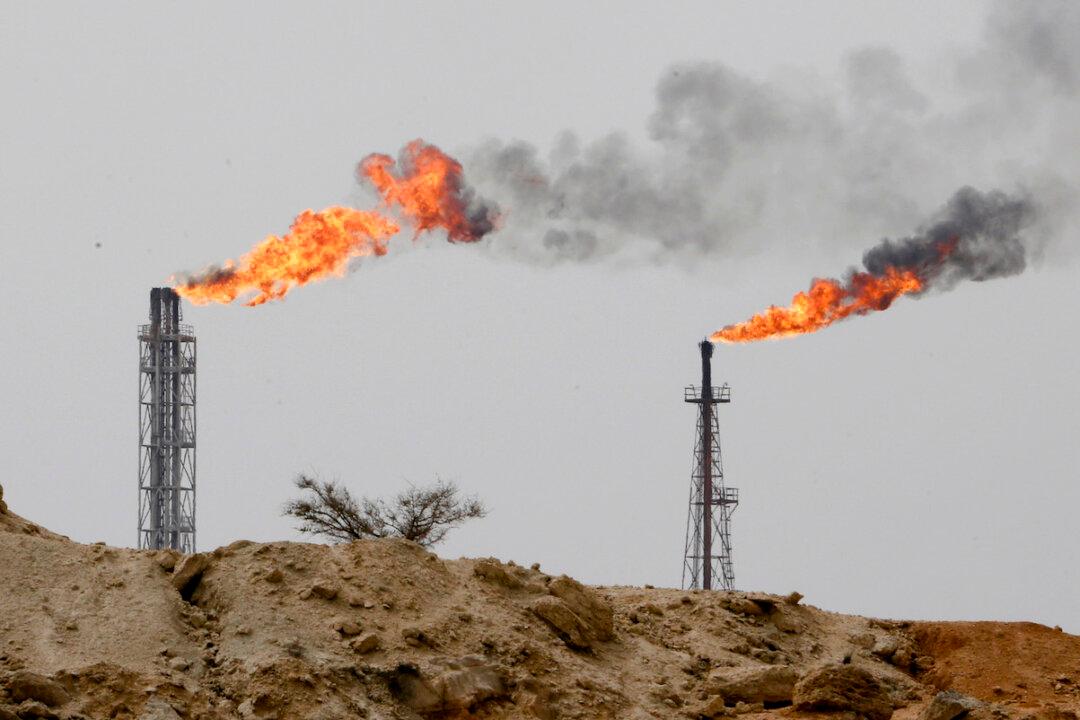Even though it’s much more statistically dangerous to drive to and from your local grocery store, plane crashes—when they do happen—tend to get major news coverage and dominate the topics of conversation on social media.
It has been no different for Germanwings Flight 9525, which went down in the French Alps on Tuesday, and it was all the major news outlets could talk about. Last year, the disappearance of Malaysia Airlines Flight MH370 dominated headlines for weeks, if not months.
Long-term trends suggest that it’s becoming safer to fly. Two decades ago, it was common for worldwide aviation deaths to top 1,000 per year. The worst crash year on record was 1972, with 2,429 deaths.
So, why are we so fascinated with plane crashes?
It’s simple: Fear.
“The fascination with plane crashes is interesting because, while travel by automobile is far more deadly statistically, with cars, there’s an illusion of control, meaning that drivers feel like they can avoid the risk of a fatal car accident because of their seemingly superior skills,” said Jessica Rios, a psychologist with iCouch--an online therapy company.
Rios adds that the fear of flying “often stems from the feeling of giving up control and putting complete trust in the competence of strangers.”
“A plane crash represents a type of accident where the passengers have practically zero influence over their survival. The fascination over crashes is that every single person that flies in an aircraft has thought of the ‘what-if’ scenario. When a plane does crash, there’s a sense of relief that it wasn’t ’their' plane that crashed,” she adds.





